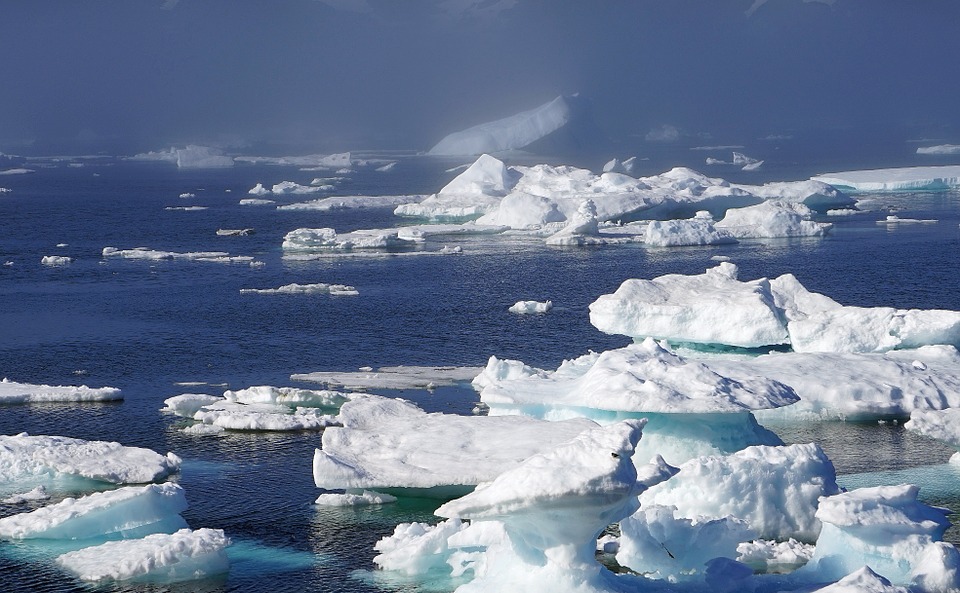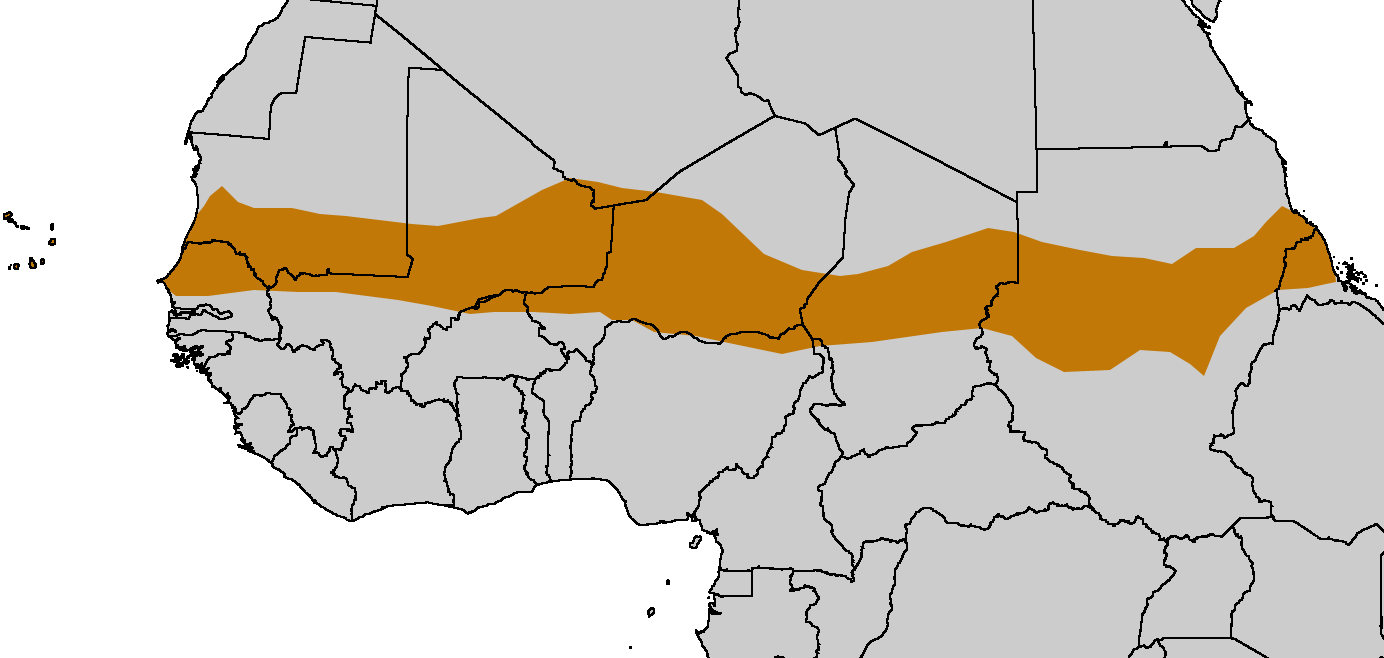Green, Research - Global Warming And Chain Reactions
As man-made global warming melts glaciers around the world, we'll have more than rising seas to worry about. A new study says the flow of fresh water would change ocean currents, which would impact the usual weather patterns - and cause a mass migration.
The research published in the journal Proceedings of the National Academy of Sciences (PNAS) looks how fresh water from the melting ice of Greenland in the North Atlantic Ocean would slow down the Atlantic Meridional Overturning Circulation (AMOC). 
It carries warm water from the equator to the Arctic and circulates cooler water back down south, influencing climate and weather throughout the Atlantic region.
If CO2 emissions aren't brought under control, scientists believe a sea rise of one to two meters is a possibility by the end of the century. If that happens the AMOC will slow down considerably, and that would produce significantly less precipitation in Africa's Sahel - a narrow but productive band of land stretching the width of the continent from Mauritania in the west to Sudan in the east.
Rainfall in the Sahel would be reduced by 30 percent between the years 2030 and 2060. Concurrently, global warming will increase temperatures causing the Sahel to dry out. It means trouble for producers growing the regions two staple crops, millet and sorghum.
The study's authors with the Institute Pierre Simon Laplace in France say people in the region could try switching to crops that would do better in the hotter, drier conditions, but it's more likely than millions of people aren't going to be able to adjust and will move on - opening the possibility of new mass migrations from the Sahel to other regions of Africa or north to Europe.
But the AMOC influences climate and weather throughout the Atlantic, including Western Europe and the east coast of North America. The effects may be less pronounced, but the melting of the Greenland ice sheet will be felt all around the world.








 Create PDF
Create PDF Print
Print Email to friend
Email to friend